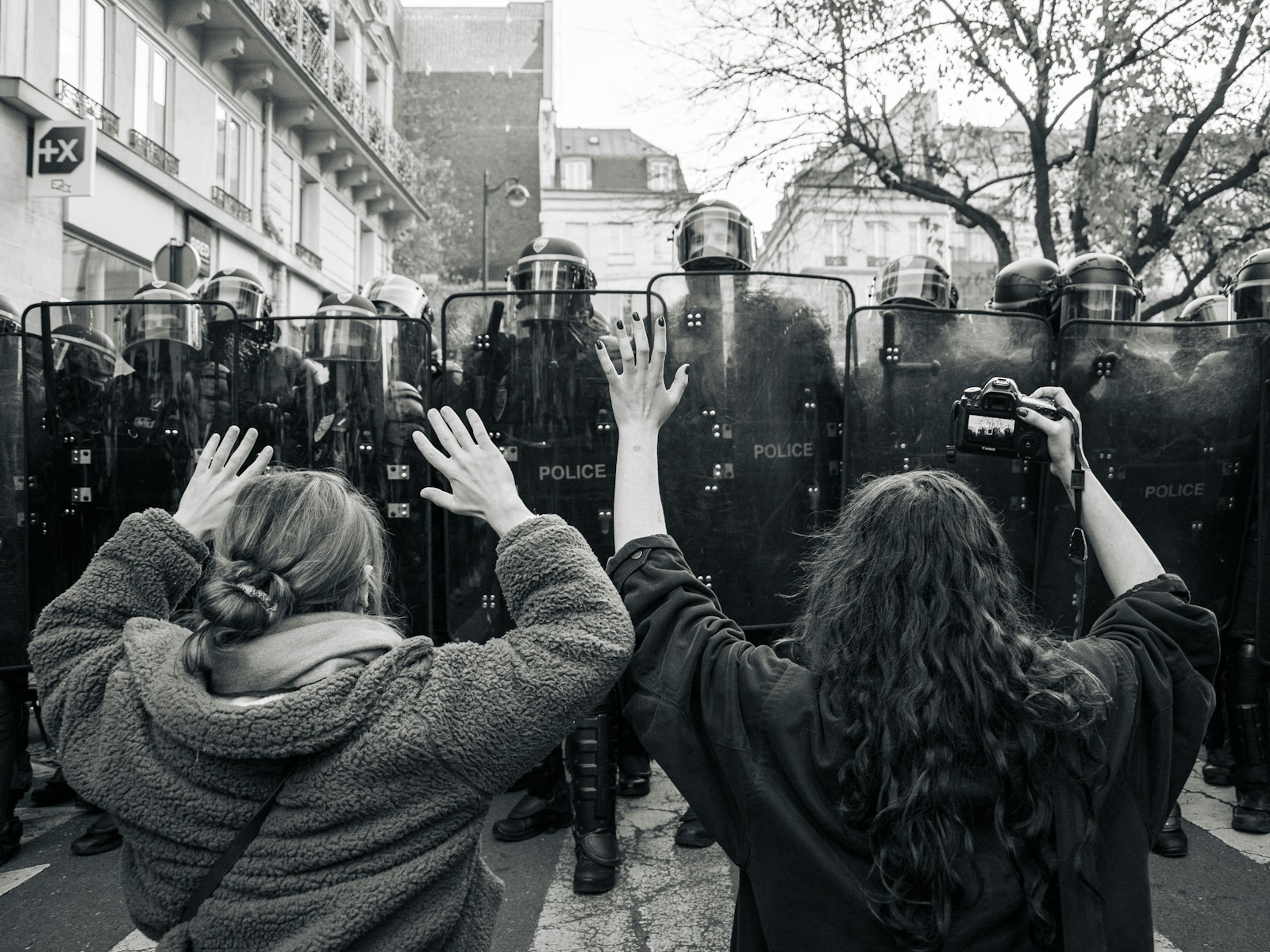MSM Mauritius Scandals: A Nation at a Crossroads
In recent months, Mauritius has witnessed a political spectacle that many citizens consider both bewildering and disturbing. At the center of the storm stands Nando Bodha, a once-outspoken critic of the ruling party MSM (Militant Socialist Movement), now seeking to form a political alliance with the very party he once condemned. This sudden shift in loyalty has reignited fierce debate over the legacy, scandals, and failures of the MSM-led government — a government widely blamed for plunging the country into an economic and institutional crisis. This article unpacks the realities of that legacy and why the MSM Mauritius controversy is more than just politics — it’s a warning.
1. MSM Mauritius: The Exploding Public Debt: MSM’s Economic Mismanagement
One of the most damning critiques of the MSM’s tenure in power revolves around the ballooning public debt. From Rs 238 billion in 2014 to over Rs 608.2 billion in 2024, Mauritius has experienced a debt explosion of unprecedented scale. What makes the situation more alarming is that the cost of servicing this debt — meaning the interest payments alone — reached Rs 21.8 billion for 2024-2025, with projections estimating it will climb to Rs 26.1 billion in 2025. This represents a 20% increase in just one year, further draining national resources.
While public investment in sectors such as health, education, and infrastructure should have been a priority, the government’s fiscal choices have instead eroded its ability to respond to crises or stimulate sustainable growth. The debt burden has now become the second-largest state expenditure after pensions. In effect, the future of Mauritian development is being mortgaged to cover past inefficiencies.
2. MSM Mauritius:Systemic Corruption and The “Reward Money” Scandal
Beyond economic mismanagement, the MSM’s rule has been marred by a culture of systemic corruption. A particularly explosive case emerged from the misuse of the “Reward Money” program — a system intended to incentivize law enforcement efforts. Instead, it was reportedly exploited by high-ranking police officials to illicitly pocket tens of millions of rupees. According to the Financial Crimes Commission, this fraudulent network operated under the radar for years, and investigations have revealed senior police figures as key suspects.
Rather than cleaning up state institutions, the MSM appeared to have fostered an environment where favoritism, abuse of power, and lack of transparency became normalized. For a country like Mauritius that once held a reputation for good governance in the region, this marked a tragic regression.
3. MSM Mauritius: The Pulse Analytics & MTPA-Maradiva Scandals
Adding to the list of outrages were two particularly egregious cases: Pulse Analytics and the MTPA-Maradiva affair. In both cases, public funds were allegedly funneled into private interests with little oversight or accountability. Pulse Analytics, a company tied to government contracts, raised eyebrows over how and why it was selected — with growing speculation that connections to key political figures played a role.
The MTPA-Maradiva incident further illustrated how state resources could be hijacked for personal gain. These scandals painted a broader picture of a ruling elite more concerned with enrichment than public service. The revelations also triggered widespread public anger, especially as the country continued to struggle with economic hardship, inflation, and declining trust in institutions.
Read more about institutional corruption at Transparency International.
For related local reporting, visit Voice Mauritius News.
4. MSM Mauritius: Lavish Fees and Crony Contracts: The Cost of Political Loyalty
While the general public struggled with rising living costs and a shrinking economy, the MSM-led administration was accused of distributing exorbitant consulting fees and legal retainers to its close allies. Reports tabled in Parliament shocked the nation, revealing that advisors and government-linked lawyers were receiving massive payments — sometimes for unclear or redundant roles. These financial choices not only deepened the deficit but also highlighted a troubling disconnect between the government and the economic realities facing ordinary Mauritians.
Such revelations fueled accusations of political patronage, where public funds were used as a tool to reward loyalty rather than merit. This approach weakened institutional integrity and sparked calls for systemic reform to curb unchecked executive spending.
5.MSM Mauritius: Institutional Decay Under MSM: A Democracy in Peril
What many critics find most alarming is the erosion of democratic norms under MSM governance. The Kistnen affair, involving the suspicious death of a whistleblower linked to campaign finance irregularities, remains unresolved and continues to cast a long shadow over the political landscape. Allegations of “planting” evidence, arbitrary arrests, and intimidation tactics have become distressingly common. These patterns raise serious questions about the independence of law enforcement, the judiciary, and other critical state organs.
In a functioning democracy, institutions are supposed to safeguard citizens from abuse of power. However, in Mauritius, watchdog bodies appear increasingly subdued or politicized, leading to a climate of fear and impunity. When rule of law becomes negotiable, trust in governance collapses — and rebuilding that trust may take generations.
6. MSM Mauritius: Nando Bodha’s U-turn: A Case of Political Amnesia?
Amid this deeply troubling legacy, Nando Bodha’s attempt to ally himself once again with the MSM has drawn widespread criticism and disbelief. This is the same political figure who famously accused the MSM of being a “party of death” and walked away from its ranks claiming the party was morally bankrupt. His sudden reversal — now claiming that such an alliance is needed “to save the country” — has left many wondering whether political convenience has replaced political conviction.
Even more paradoxically, Bodha had rallied during the last election on a platform of renewal and anti-corruption. Now, by aligning with the very system he vowed to dismantle, he risks being seen not as a reformer, but as an enabler. For many voters who once believed in his message, the betrayal cuts deep. The political fallout from this shift may have long-lasting consequences not just for Bodha’s credibility, but for the broader opposition’s unity and effectiveness.
7. The Business of Power: Corruption and State Capture
One of the most worrying trends under the MSM regime has been the apparent blurring of lines between public office and private gain. From inflated contracts in the energy and construction sectors to opaque dealings in the public procurement process, the mechanisms of the state have increasingly served the interests of a well-connected elite. Investigations into several state-owned enterprises revealed a pattern of mismanagement and cronyism, where positions were awarded not on merit but loyalty to the ruling party.
This creeping state capture — where a handful of individuals and businesses shape policy to their advantage — is more than just unethical; it undermines democratic governance and economic fairness. For young professionals and small businesses striving for success, the message is clear: connections matter more than competence. Such a system not only stifles innovation but perpetuates inequality at every level of society.
8. Media Under Siege: Silencing the Fourth Estate
A vibrant democracy depends on a free and fearless press. Yet in recent years, Mauritius has seen increased hostility towards journalists and independent media outlets. Laws have been weaponized to suppress dissenting voices, with defamation suits and targeted surveillance used to intimidate reporters. Several journalists have faced harassment for exposing corruption or questioning the state narrative.
While state-owned media enjoy unrestricted access and favorable coverage, independent platforms often struggle to survive in an environment of political pressure and
While state-owned media enjoy unrestricted access and favorable coverage, independent platforms often struggle to survive in an environment of political pressure and financial marginalization. This media imbalance deprives citizens of balanced reporting and weakens the public’s ability to hold power to account. When journalism is stifled, democracy dims — and Mauritius risks slipping further into the shadows of authoritarianism.
9. Youth Disillusionment: A Lost Generation of Voters
Perhaps the most tragic consequence of Mauritius’s political decay is the growing alienation of its youth. Once engaged and hopeful, a significant portion of the younger generation now views politics as a rigged game. High youth unemployment, coupled with limited pathways for meaningful civic participation, has bred cynicism and frustration. Social media, while offering a platform for activism, has also become an echo chamber for despair.
The failure of successive governments — particularly the current MSM-led coalition — to inspire or involve young people in the democratic process signals a dangerous democratic deficit. If the youth lose faith in institutions, the entire system faces long-term instability. Addressing their concerns is not just a political necessity; it is a moral imperative. Mauritius cannot afford to lose another generation to apathy and hopelessness.




